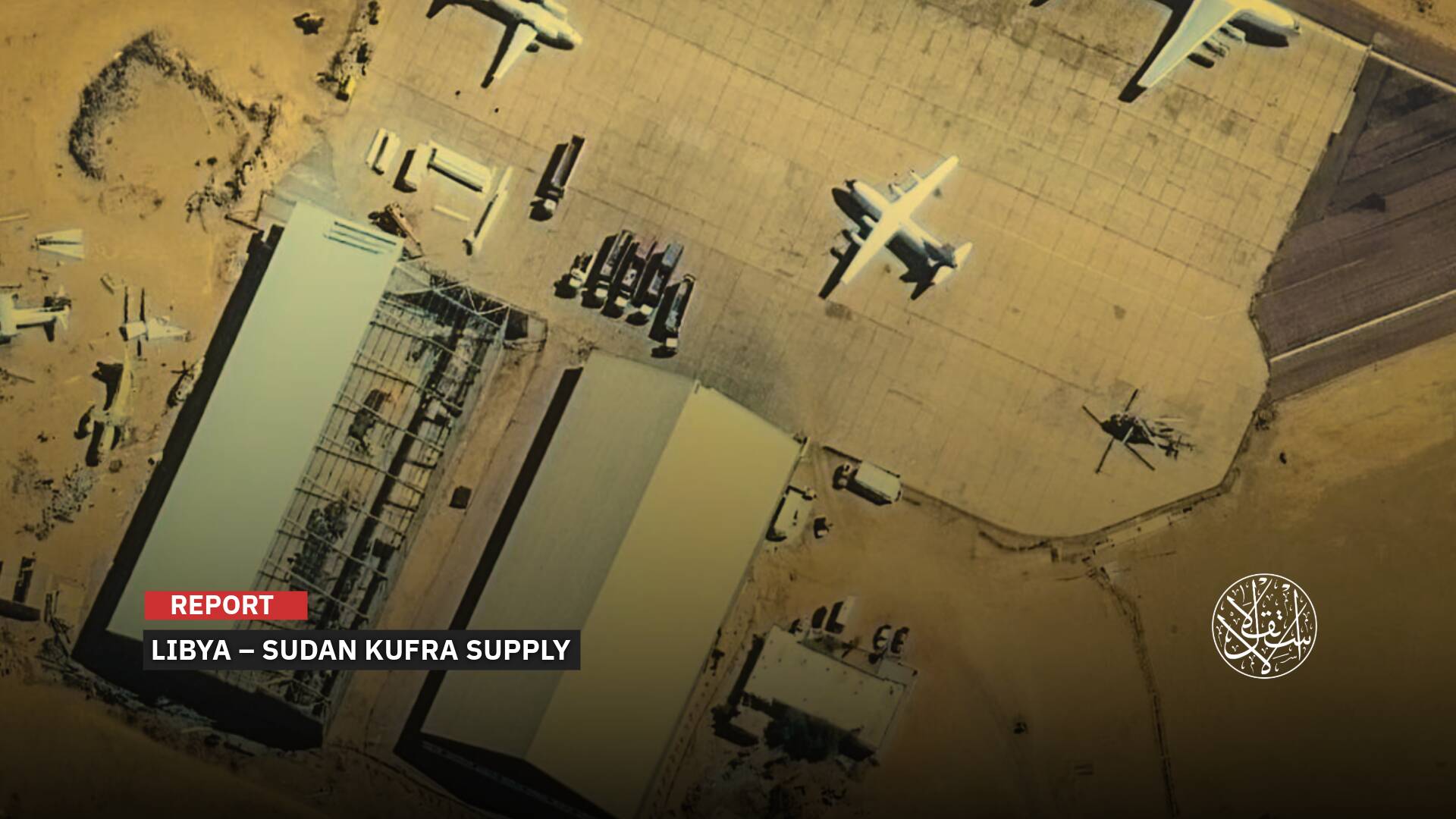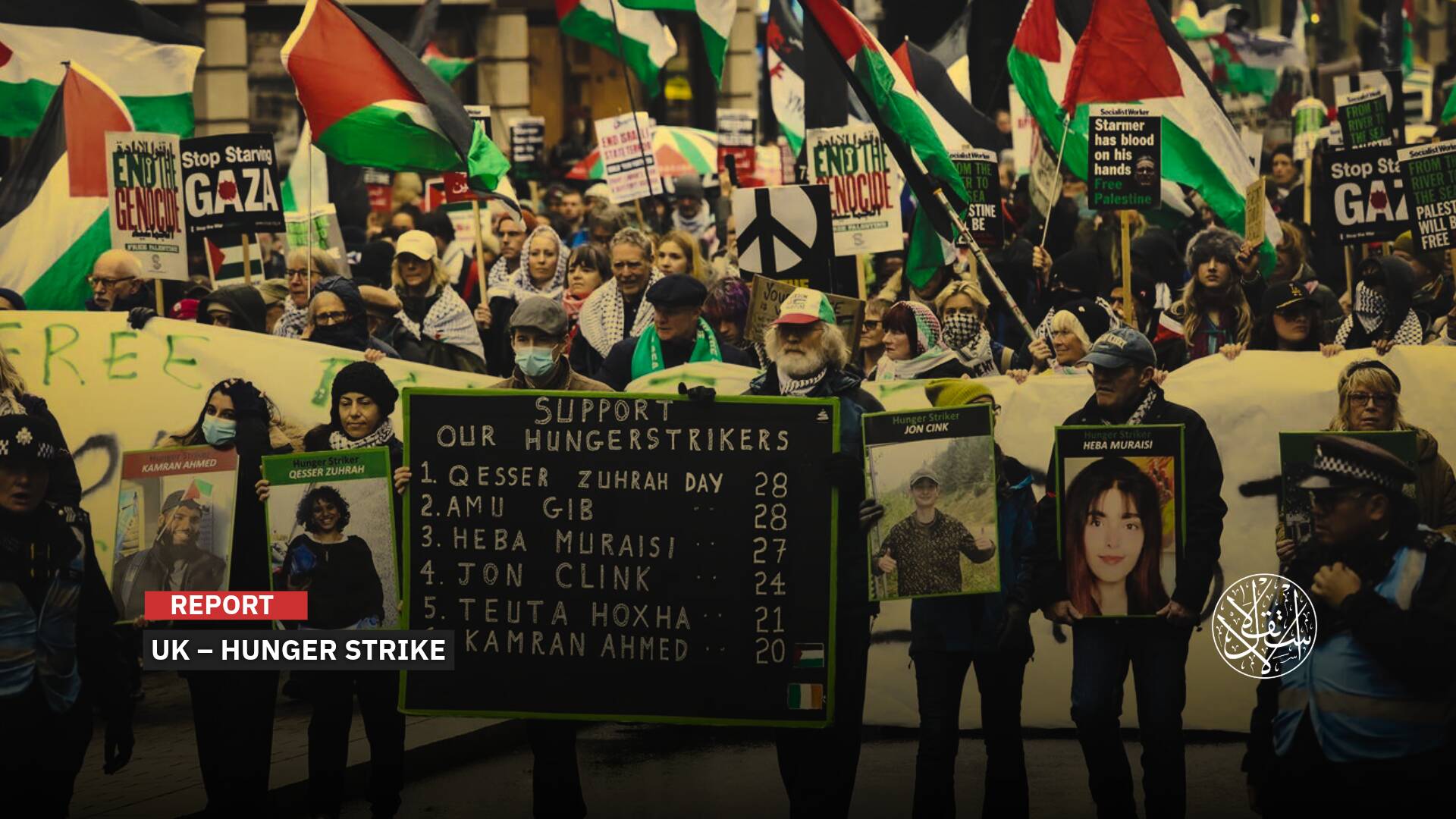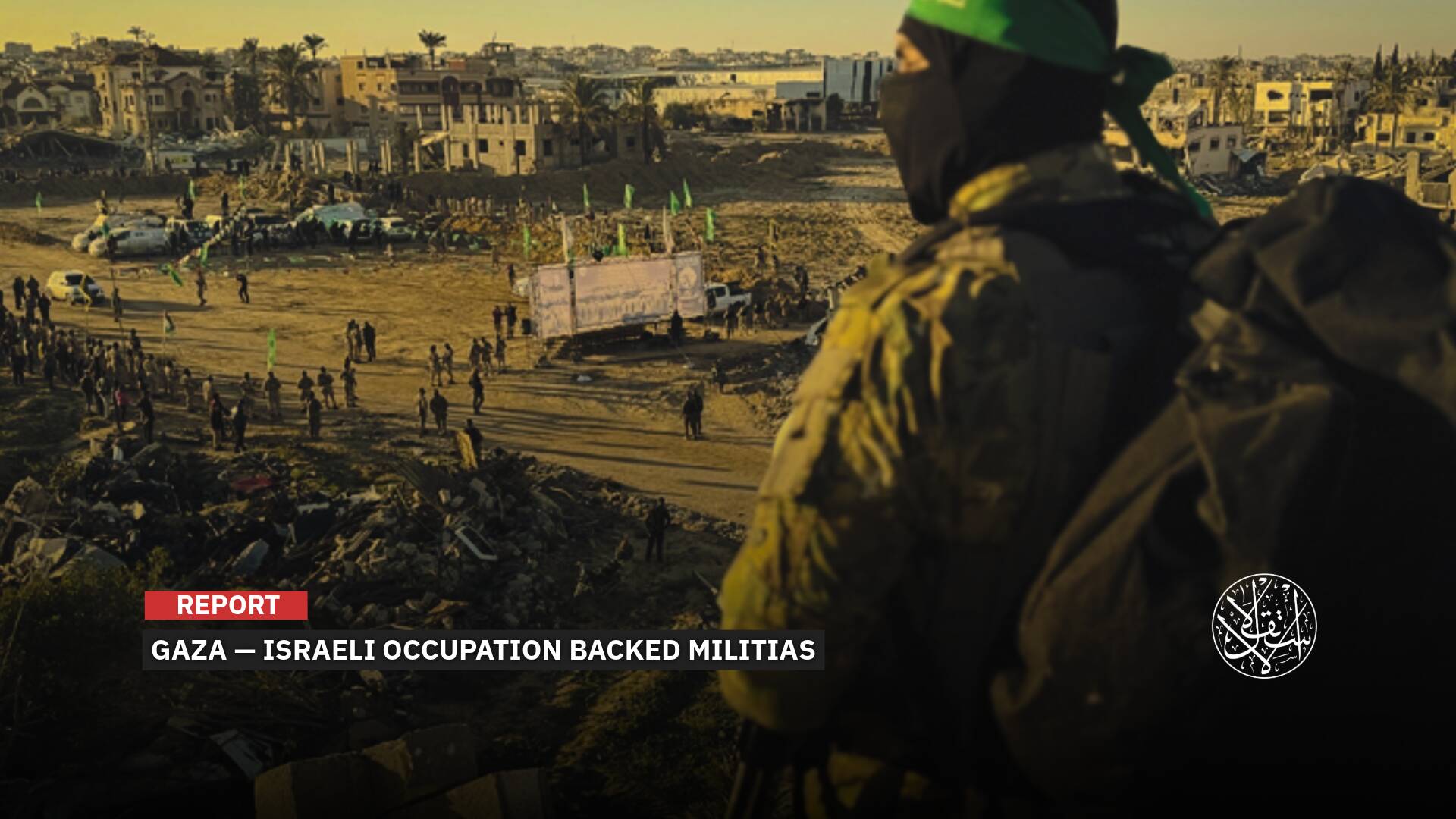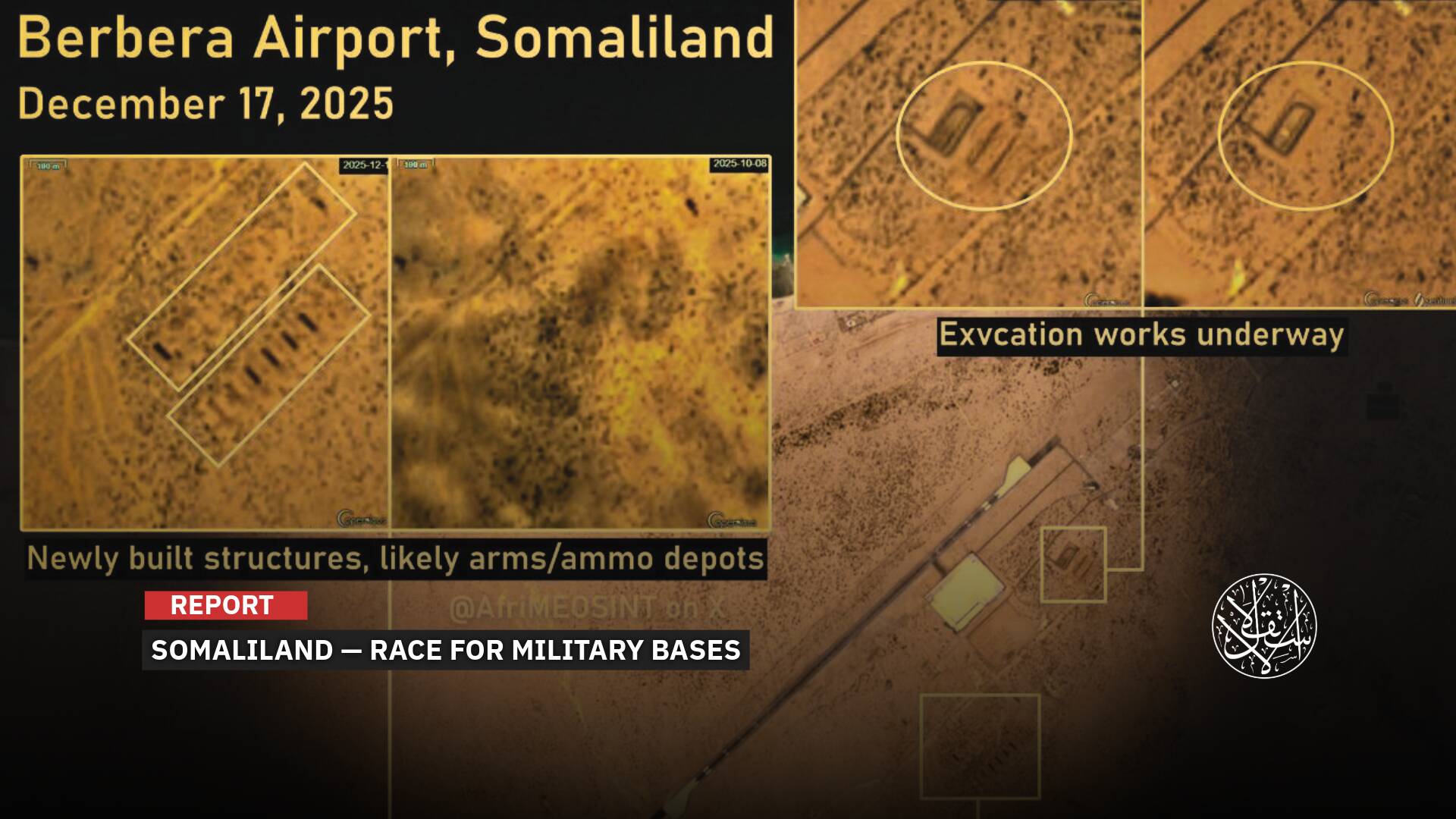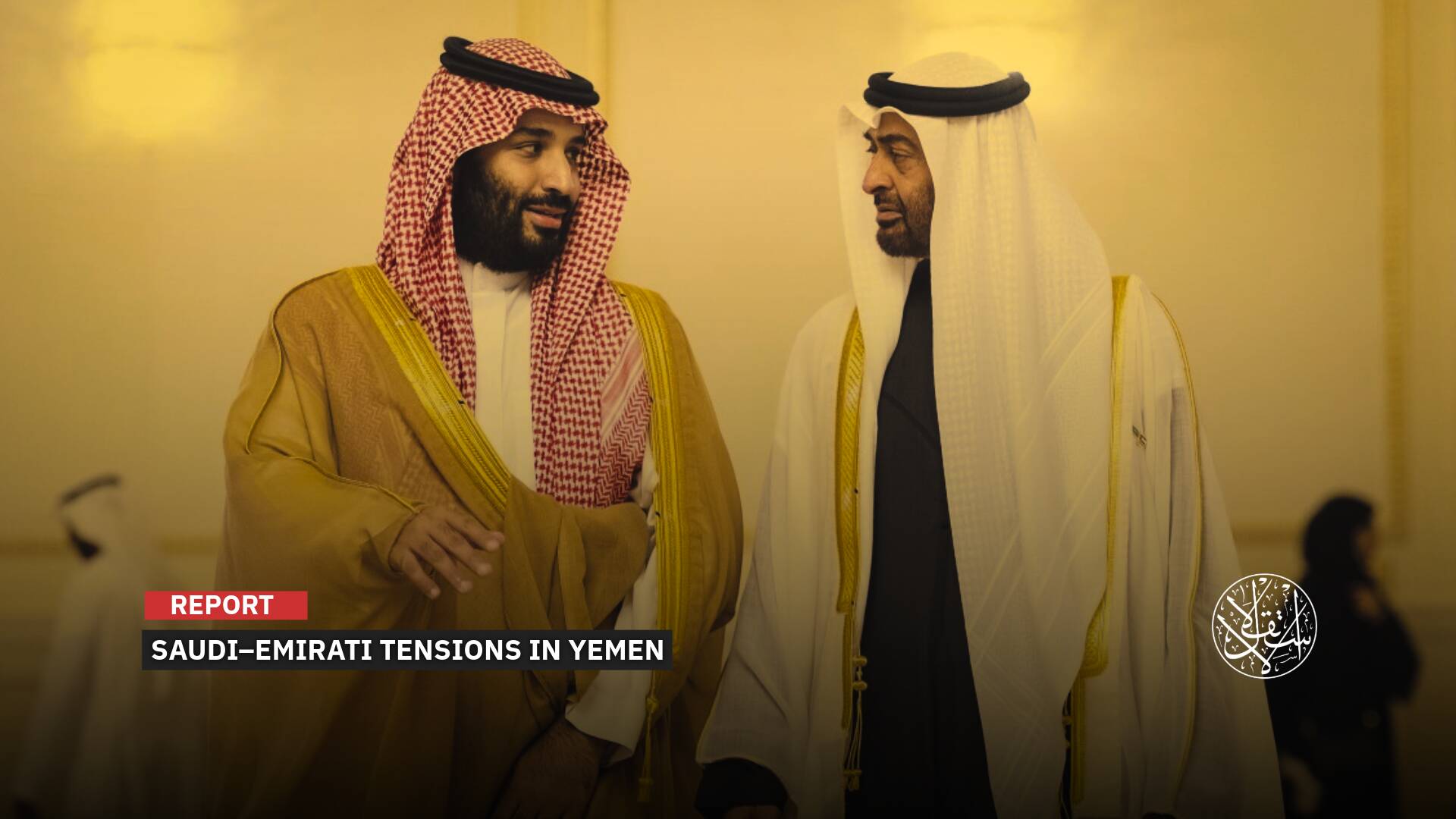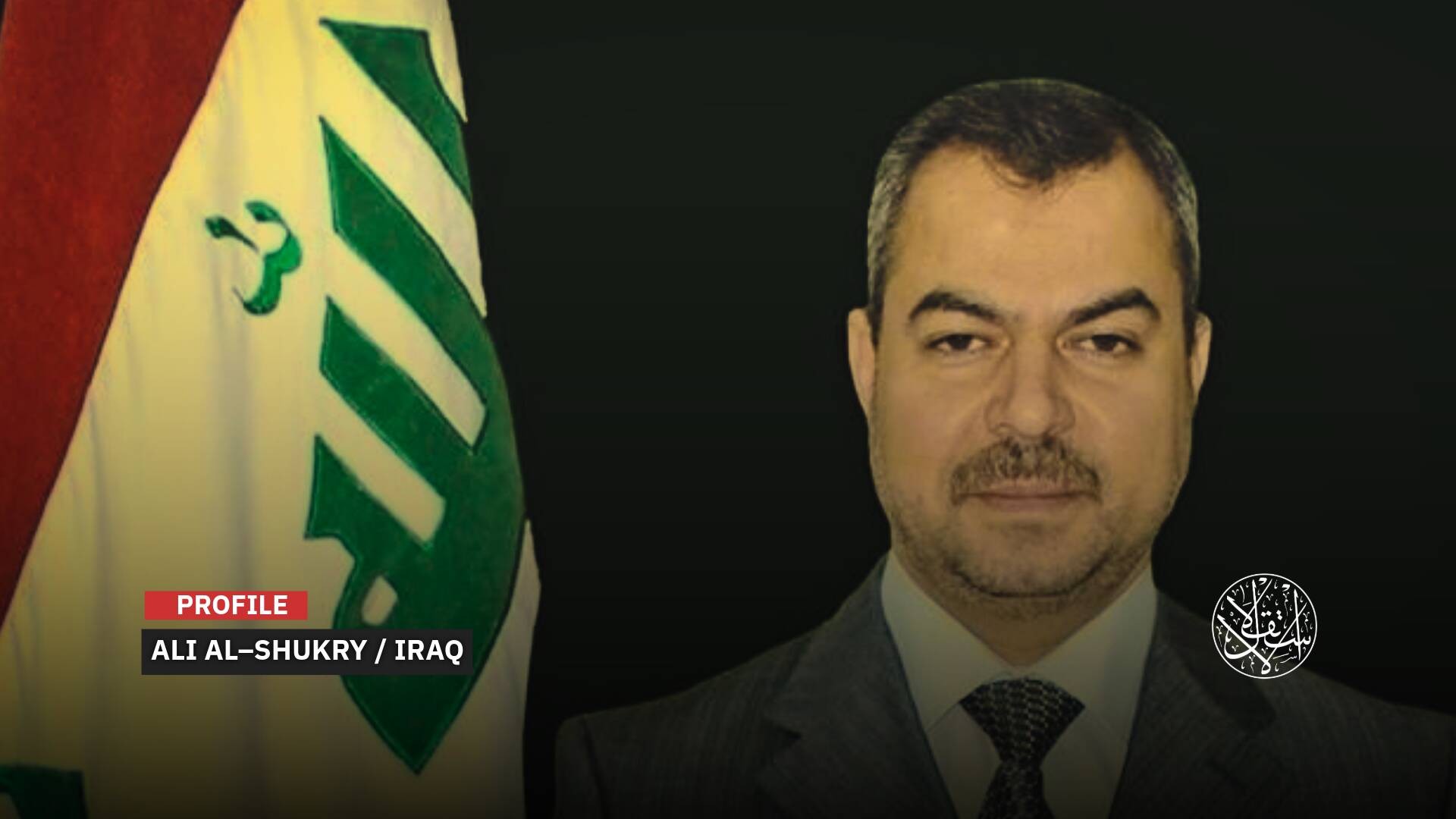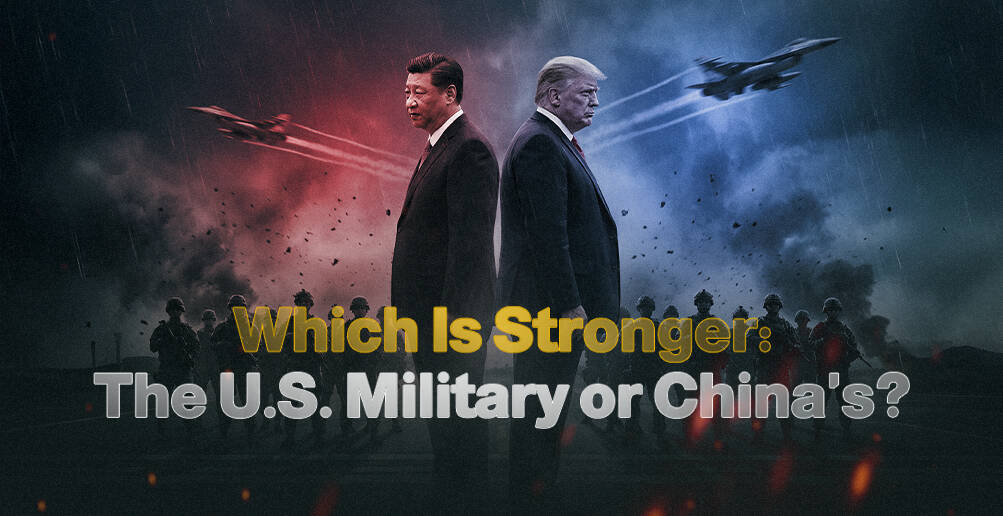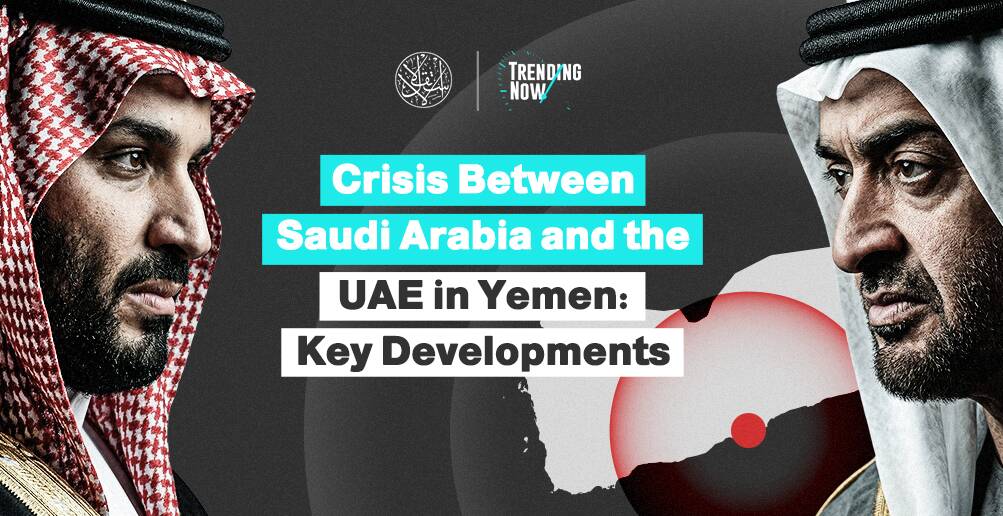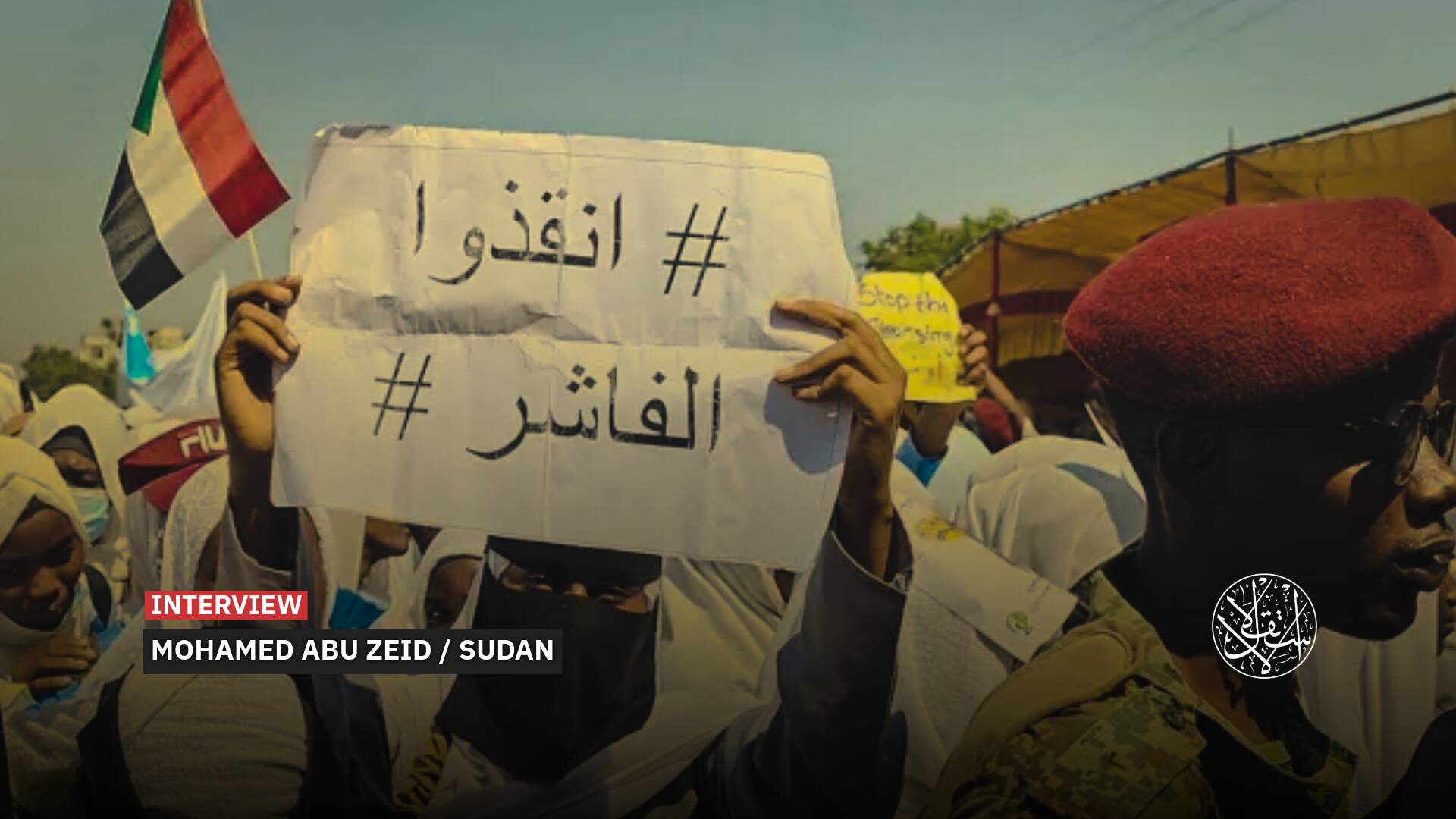Sri Lankan Experience: Can the New Leftist President Overcome Reform Challenges?

“If he goes ahead with it, he risks facing another revolution and possible violence.”
After a challenging second round, leftist politician Anura Kumara Dissanayake won the Sri Lankan presidential election on September 22, 2024.
Immediately following his victory, Dissanayake promised voters “good governance and strict measures to combat corruption.”
This election marked the first since mass protests ousted the country's leader, Gotabaya Rajapaksa, in 2022, amid Sri Lanka's worst economic crisis in history.

Financial Ruin
During Gotabaya Rajapaksa's ruling from 2019 to 2022, the government faced significant challenges in funding essential imports due to a shortage of dollars, which impacted supplies of fuel, medicine, and cooking gas.
His Prime Minister, Ranil Wickremesinghe, announced the country’s inability to settle oil import payments, stating in parliament that “Sri Lanka's economy has completely collapsed.”
The primary cause of the crisis was accumulated debt, largely stemming from Rajapaksa's administration, which borrowed heavily for large-scale projects, particularly in the tourism sector.
As a result, Sri Lanka defaulted on its external debts, totaling $51 billion, according to the World Bank’s report for 2021-2022.
This situation led to street protests, with demonstrators storming the presidential palace. Some officials and police were tied to lampposts along the streets of Colombo.
Ultimately, President Rajapaksa was ousted and fled to the Maldives, leaving the people to face a massive debt crisis with the International Monetary Fund, in addition to debts owed to China, Japan, and India.
This challenging legacy is what the new president, Anura Kumara Dissanayake, will inherit. How will he handle it? What obstacles will he face? Can he overcome these challenges?
Dissanayake, a Marxist politician known for his strong leftist views, is 55 years old and was a key participant in the protests that toppled the Rajapaksa regime.
During his campaign, he vowed to tackle corruption and improve transparency, promising a total overhaul of the economy and political system.
Dissanayake is also the candidate of the National People's Power (NPP) coalition, which includes his Marxist party, Janatha Vimukthi Peramuna. This party advocates for state intervention in the economy, tax reductions for citizens, and protective policies for local goods and products.
The new president announced that he would protect the victims of austerity measures, which include the ordinary people of 22 million citizens.
The Austerity Dilemma
There’s no doubt that austerity measures pose the greatest challenge for Dissanayake. His commitment to reducing these measures helped him win the presidential election.
Since the beginning of 2024, Sri Lanka has implemented severe austerity measures, including a 65% increase in electricity and fuel prices, a hiring freeze in the government to reduce public service, and the imposition of new taxes, along with the sale of state-owned enterprises.
The situation is even more challenging because the previous government imposed these measures on the military.
On January 13, 2024, plans were announced to reduce the army's size from 317,000 troops to just 135,000 by 2025, aiming to cut expenses.
This was the first time the crisis struck at the core of power, the military, which had previously been untouchable by past regimes.
Successive governments had allocated the largest portion of the national budget to the military compared to other vital sectors to maintain the loyalty of high-ranking officers and ensure they would not stage a coup or clash with the head of state.

Struggles with Currency Stability
However, halting austerity measures and overcoming this dilemma is nearly impossible for the island nation of Sri Lanka.
The main reason is that Sri Lanka signed a “rescue plan” with the International Monetary Fund (IMF) in 2023, amounting to $2.9 billion after lengthy and challenging negotiations.
This rescue plan has left millions of Sri Lankans struggling to make ends meet. The World Bank's 2024 report confirmed that the beginning of recovery in Sri Lanka has led to an increase in poverty, now affecting more than a quarter of the population.
During the elections, voters in Colombo and its suburbs showed their frustration and exhaustion from the ongoing restrictions.
Despite this, Dissanayake announced that he would not “tear up the signed rescue plan with the IMF,” but he promised to negotiate amendments. He also committed to reducing taxes and fees on food and medicine products to alleviate their impact on the population.
Prior to the presidential election, the IMF stated that the reforms approved by Wickremesinghe's previous government were starting to show results, with slow growth returning. The IMF indicated it was unwilling to make any adjustments to the rescue plan.
Another significant obstacle facing the new president, Dissanayake, is the issue of bilateral loans.
Just months before announcing his victory on June 27, 2024, Sri Lanka, facing a shortage, was unable to finalize a $5.8 billion debt restructuring deal with most of its bilateral creditors.
The government announced that “Sri Lanka has reached a final agreement to restructure its debt with the Official Creditor Committee in France.”
This Paris-based committee includes France, India, and Japan, but notably excludes China, Sri Lanka's largest bilateral lender.
Bilateral creditors represent 28.5% of Sri Lanka's external debt, totaling $37 billion, according to data from the Sri Lankan treasury dating back to late March 2024.
China contributes $4.66 billion, Japan $2.53 billion, and India $1.36 billion, with the rest distributed among other countries.
Debt restructuring is one of the IMF's conditions for providing and formalizing Sri Lanka's rescue plan effectively.

Dissanayake's Crisis
Beyond the previous dilemmas, the real crisis facing Dissanayake is his leftist background, which positions him to defend the victims of austerity and marginalized, impoverished groups.
He faces a daunting task; if he proceeds with the economic reform program, he risks alienating his social support base, particularly since the IMF's conditions are “extremely harsh” for the people and non-negotiable.
This would mean that the new president would abandon all the promises made to the Sri Lankans during his election campaign, where he emphasized easing conditions and negotiating.
The IMF's plan for Sri Lanka entails further cuts to education and health spending, leading to a decline in living standards and rising unemployment rates.
If Dissanayake continues with the plan, he could cause widespread disappointment and possibly split his political coalition as public anger grows.
Conversely, if he halts the economic reform program, he will plunge into a severe financial crisis, cutting off his country from essential funding sources.
This scenario would spark a political battle with local industry and business leaders, as well as international financial institutions. Both options for the new president are challenging and nearly impossible.
Egyptian economist Ahmed Youssef described the Sri Lankan economic and political experience as “painful,” emphasizing the need for lessons to be learned.
“Confronting bilateral debts and the IMF's harsh agenda is an impossible task for countries and governments that have entangled their people in a debt disaster,” Youssef told Al-Estiklal.
“Poor Sri Lankans won't accept a new austerity plan from their elected president. If he goes ahead with it, he risks facing another revolution and possible violence, like before, which could lead to his removal from office.”
The economist further noted, “On the other hand, if he keeps trying to please the people and ignores the IMF's demands, he’ll face a tough fight for his economy against the IMF and creditors, which is almost impossible.”
Youssef compared the Sri Lankan situation to what’s happening in Egypt today, cautioning against making the same mistakes.
“President Abdel Fattah el-Sisi has put Egypt in a tough spot with debt, as external debt has climbed to around $160 billion, making Egypt the second-largest borrower from the IMF after Argentina, with about $14.93 billion.”
He pointed out that “the IMF imposes austerity measures on Egypt similar to those in Sri Lanka, including currency liberalization, reducing government spending, cutting the number of employees, removing subsidies on essential goods, and decreasing expenditures on health and education.”
“This includes selling and privatizing public sector companies, as well as dealing with debts and deposits from foreign donors, particularly Saudi Arabia and the UAE.”
“Therefore, any president following el-Sisi will inherit a massive burden of debts and complex economic and political crises, just as Dissanayake is facing now in Sri Lanka,” Youssef concluded.
Sources
- Left-leaning leader wins Sri Lanka election in political paradigm shift
- Sri Lanka Announces Reduction of Its Army by Nearly One-Third Due to Economic Crisis [Arabic]
- Sri Lanka's New President: I Will Not Tear Up the IMF plan [Arabic]
- Sri Lanka Reaches Partial Agreement on Its Debt [Arabic]
- People's Uprising in Sri Lanka: Dictators Are Fleeing; Their Palaces and Regimes Are Crumbling! [Turkish]
- Sri Lanka defaults on debts for first time
- Sri Lanka's economic crisis and debt deal with bilateral creditors



